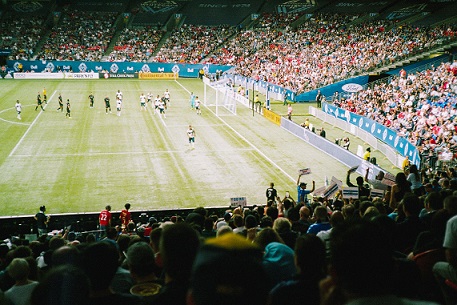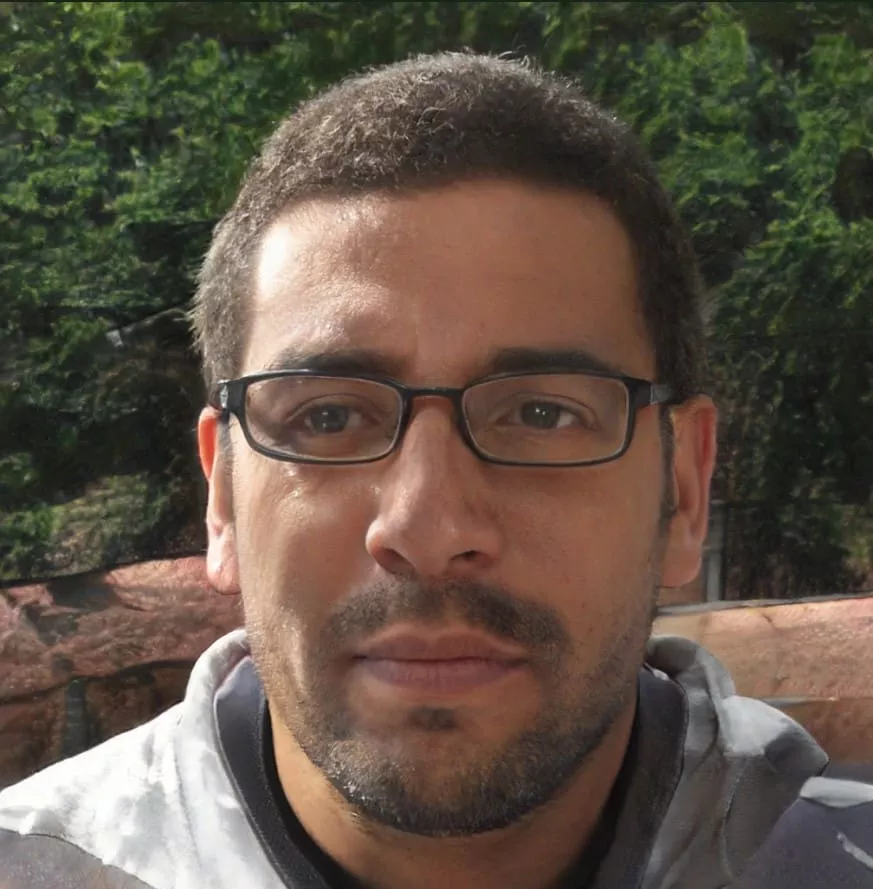 Article Contributors
Article Contributors

Next World Cup heads to North America
In 2026, the World Cup will make a return to the Northern Hemisphere, with the USA, Mexico, and Canada collaborating to host FIFA's flagship event . Mexico welcomed teams in 1986 and the USA held the 15th edition in 1994, but this will be Canada's debut as a host nation. thThe Great White North is buzzing with anticipation as it gets ready for global attention. With impressive sports venues and solid infrastructure already in place, what additional steps must Canada take for the 2026 World Cup both inside and outside the stadiums?
Let’s delve into the specifics of the 2026 World Cup. This will be the 23rd edition of the iconic tournament and will set a new precedent. It's a historic first with three nations co-hosting the same World Cup.
2026 World Cup details
The tournament has expanded to feature 48 teams, increasing from the previous 32 . Instead of traditional groups of four, the early rounds will present 16 groups consisting of three teams each. This means teams will play one fewer match in the group stage while facing an additional knockout round.rdThree Canadian cities vied for the chance to host matches, and unfortunately, Edmonton was not selected. Vancouver's BC Place and BMO Field in Toronto have been chosen as the venues for the 2026 World Cup . These locations will only host group stage matches, while all knockout rounds will take place in the USA.
Having existing stadiums lessens the burden of developing additional infrastructure like transport, accommodations, and fan zones for visitors, along with ensuring security measures.
Canada’s World Cup role
Nonetheless, some adjustments are necessary. BC Place in Vancouver currently has artificial turf, which will be replaced with natural grass before the tournament. This venue boasts a retractable roof and climate control system, making it one of three stadiums with such features.
Changes to be made
In Toronto, the situation is more complex. BMO Field, which serves as an MLS stadium, needs to be expanded to fulfill FIFA's requirements. FIFA mandates a minimum capacity of 40,000 seats, while BMO Field presently accommodates 30,000. Plans are in place to increase that capacity to 45,000 in time for the event.
Canada can bypass the stress of qualification for the next World Cup. At the Qatar 2022 tournament, the Canadian national team made its first World Cup appearance in 36 years. Despite showcasing strong gameplay during the group stage, Canada ultimately finished last in their group.
Keeping head coach John Herdman in charge could be essential for a strong performance in the next World Cup, especially with increased support expected. However, the absence of qualification challenges can be both a blessing and a burden.
Pressure on players
While Canada secured its place in the tournament, this means there could be fewer competitive matches leading up to the event. Conversely, it may offer opportunities for them to compete against higher-quality teams.
Before the 2022 World Cup, Les Rouges faced off against Qatar and Uruguay, representing their first encounters with international teams outside their confederation in the past four years. Organizing friendly matches with stronger opponents before the home tournament is vital.
Another challenge for Herdman, who gained valuable insights in Qatar, is integrating more elite players into the national team. This includes those playing in Europe's top five leagues: the English Premier League, Spain's La Liga, Italy's Serie A, France's Ligue 1, and Germany's Bundesliga.
The performance at the 2022 World Cup demonstrated Canada’s potential to contribute positively, but the country needs to nurture more young talents who can excel in European leagues. Competing in high-profile matches at the club level can greatly enhance their experience.
How can Canada build?
As Canada prepares for the 2026 World Cup, many tasks remain. They will need to work hard to retain players who are eligible to represent other nations and will face challenges in the tight schedule to secure high-quality opponents for friendly matches.
However, their efforts during the 2022 World Cup may have set the stage for a promising future. While the outcomes were not ideal, Canada may have become a more attractive option for players considering national representation, as well as for teams looking to compete against them.
Adam Nadeau is the founder of our website, overseeing reviews and sales operations with nearly two decades of experience in the online betting industry. He started PlayCasinos from his college dormitory in 2005 as a personal blog, where he shared his favorite games and insights.
We utilize cookies to enhance your experience on our site. By continuing to use this site, we assume you're satisfied with this.








 Fact Checker
Fact Checker


